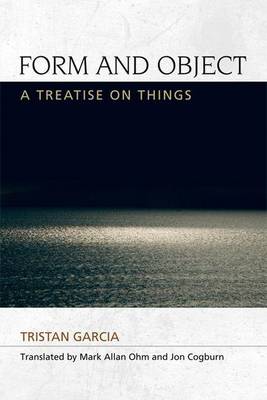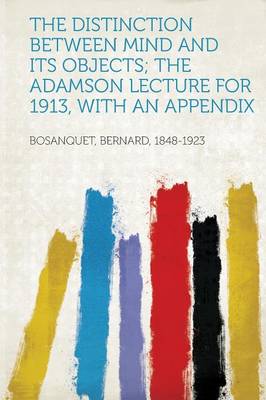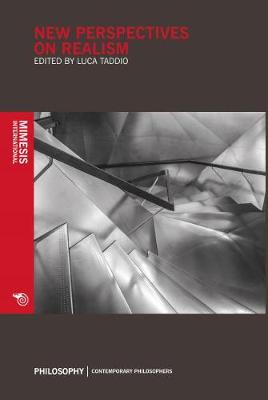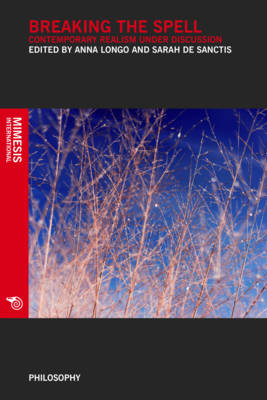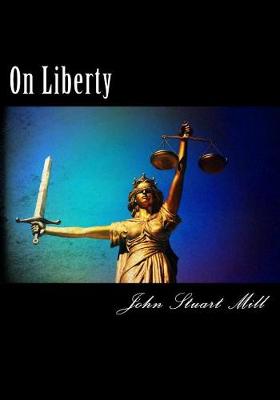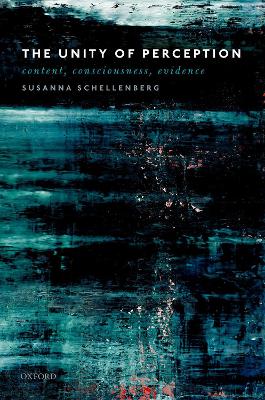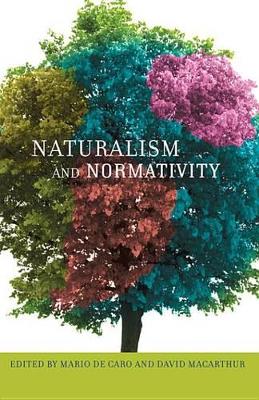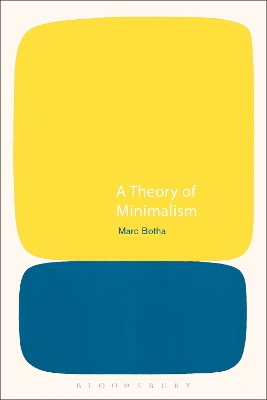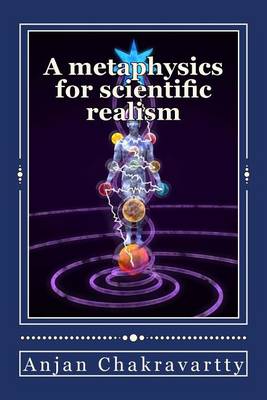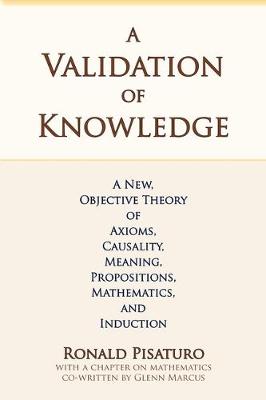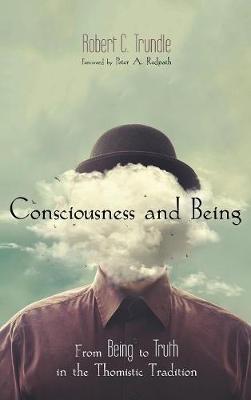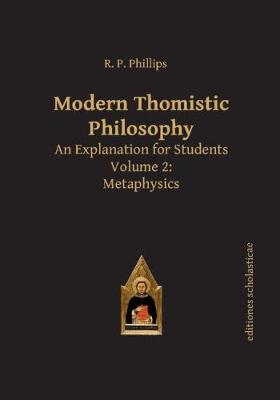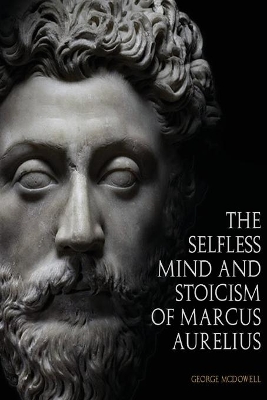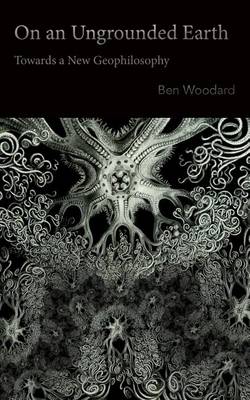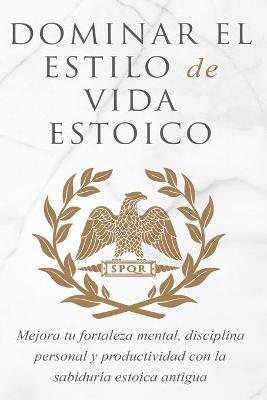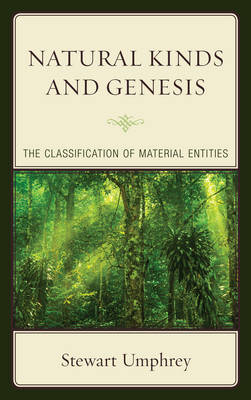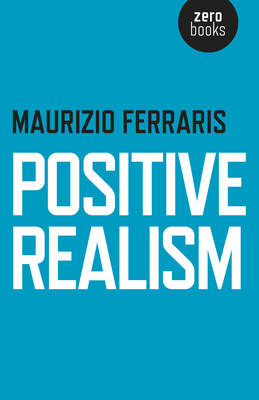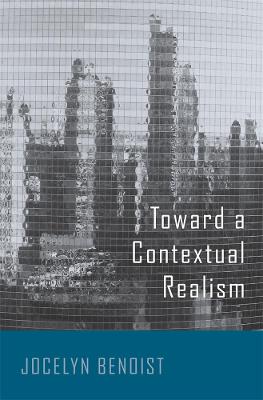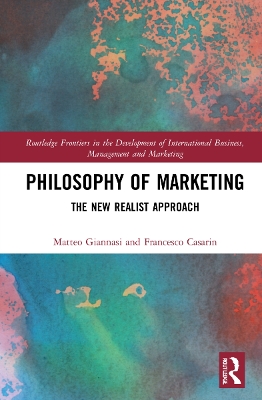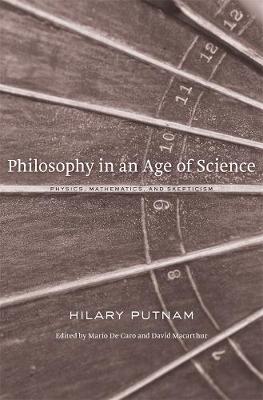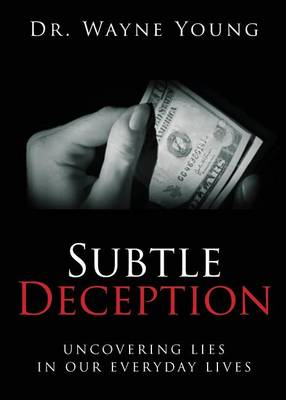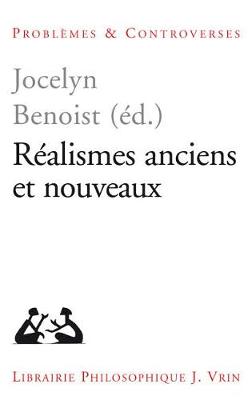What is a thing? What is an object? Tristan Garcia decisively overturns 100 years of Heideggerian orthodoxy about the supposed derivative nature of objects and in so doing provides deep insights about the world and our place in it. Garcia's original and systematic formal ontology of things strips them of any determination, intensity or depth. From this radical ontological poverty, he develops encyclopaedic regional ontologies of objects. By covering topics as diverse as the universe, events, tim...
The Distinction Between Mind and Its Objects; The Adamson Lecture for 1913, with an Appendix
by Bernard Bosanquet
New Perspectives on Realism (Philosophy)
Ontology Etc.
This book is an important collection of essays by Roy Bhaskar, the founder and pioneer of critical realism. Organised into sections including the philosophy of science, the philosophy of social science, ideology critique and dialectic and metareality, it is the essential introduction to this important school of philosophy. In addition to offering some of Bhaskar's most important discussions of these subjects, it also includes detailed introductions to each section which aim to elucidate some of...
Breaking the Spell, Contemporary Realism under Discussion (Philosophy)
On Liberty (ISR Business and the Political-legal Environment Studies, #6) (Oxford Paperbacks)
by John Stuart Mill
This volume includes the complete essay in five chapters: Introductory; Of the Liberty of Thought and Discussion; Of Individuality, as One of the Elements of Well-being; Of the Limits to the Authority of Society over the Individual; and Applications. With a fine introduction by editor Alburey Castell, this edition also includes line numbers for easy reference, a list of principal dates in the life of John Stuart Mill, and a bibliography.
Perception is our key to the world. It plays at least three different roles in our lives. It justifies beliefs and provides us with knowledge of our environment. It brings about conscious mental states. It converts informational input, such as light and sound waves, into representations of invariant features in our environment. Corresponding to these three roles, there are at least three fundamental questions that have motivated the study of perception. How does perception justify beliefs and yi...
Naturalism and Normativity (Columbia Themes in Philosophy)
Normativity concerns what we ought to think or do and the evaluations we make. For example, we say that we ought to think consistently, we ought to keep our promises, or that Mozart is a better composer than Salieri. Yet what philosophical moral can we draw from the apparent absence of normativity in the scientific image of the world? For scientific naturalists, the moral is that the normative must be reduced to the nonnormative, while for nonnaturalists, the moral is that there must be a transc...
The explosion of minimalism into the worlds of visual arts, music and literature in the mid-to-late twentieth century presents one of the most radical and decisive revolutions in aesthetic history. Detested by some, embraced by others, minimalism's influence was immediate, pervasive and lasting, significantly changing the way we hear music, see art and read literature. In The Theory of Minimalism, Marc Botha offers the first general theory of minimalism, equally applicable to literature, the...
Scientific realism is the view that our best scientific theories give approximately true descriptions of both observable and unobservable aspects of a mind-independent world. Debates between realists and their critics are at the very heart of the philosophy of science. Anjan Chakravartty traces the contemporary evolution of realism by examining the most promising strategies adopted by its proponents in response to the forceful challenges of antirealist sceptics, resulting in a positive proposal...
The second volume in the introduction to modern Thomistic philosophy includes three parts. Part one is on epistemology, the second part is on general metaphysics and part three on natural theology. This is edition is a reprint of the 1962 edition.
The Selfless Mind And Stoicism Of Marcus Aurelius
by George McDowell
For too long, the Earth has been used to ground thought instead of bending it; such grounding leaves the planet as nothing but a stage for phenomenology, deconstruction, or other forms of anthropocentric philosophy. In far too much continental philosophy, the Earth is a cold, dead place enlivened only by human thought?either as a thing to be exploited, or as an object of nostalgia. Geophilosophy seeks instead to question the ground of thinking itself, the relation of the inorganic to the capacit...
In Natural Kinds and Genesis: The Classification of Material Entities, Stewart Umphrey raises and answers two questions: What is it to be a natural kind? And are there in fact any natural kinds? First, using the everyday understanding of things, he argues that natural kinds may be understood as classes or as types, and that the members or tokens of such kinds are individual continuants. A continuant is essentially a being-in-becoming, a material thing which changes and yet remains the same, in...
Positive Realism could be seen as the "sequel" to Maurizio Ferraris' Manifesto of New Realism and Introduction to New Realism. The focus here is the other side of unamendability: a notion, described in his previous books, according to which reality is "unamendable", it cannot be corrected at will. This "resistance" of the real is what ultimately tells us that, in opposition to the claims of post-Kantian philosophy, the world is not a result of our conceptual work: if it were so, our power over r...
An award-winning philosopher bridges the continental-analytic divide with an important contribution to the debate on the meaning of realism.Jocelyn Benoist argues for a philosophical point of view that prioritizes the concept of reality. The human mind's attitudes toward reality, he posits, both depend on reality and must navigate within it.Refusing the path of metaphysical realism, which would make reality an object of speculation in itself, independent of any reflection on our ways of approach...
Philosophy of Marketing (Routledge Frontiers in the Development of International Business, Management and Marketing)
by Matteo Giannasi and Francesco Casarin
How can we overcome the rapidly ageing postmodernist paradigm, which has become sterile orthodoxy in marketing? This book answers this crucial question using fresh philosophical tools developed by New Realism. It indicates the opportunities missed by marketing due to the pervasive postmodernist ideology and proposes a new and fruitful approach pivoting on the significance of reality to marketing analyses and models. Intensifying reference to reality will boost marketing research and practice, r...
Hilary Putnam's unceasing self-criticism has led to the frequent changes of mind he is famous for, but his thinking is also marked by considerable continuity. A simultaneous interest in science and ethics-unusual in the current climate of contention-has long characterized his thought. In Philosophy in an Age of Science, Putnam collects his papers for publication-his first volume in almost two decades.Mario De Caro and David Macarthur's introduction identifies central themes to help the reader ne...
